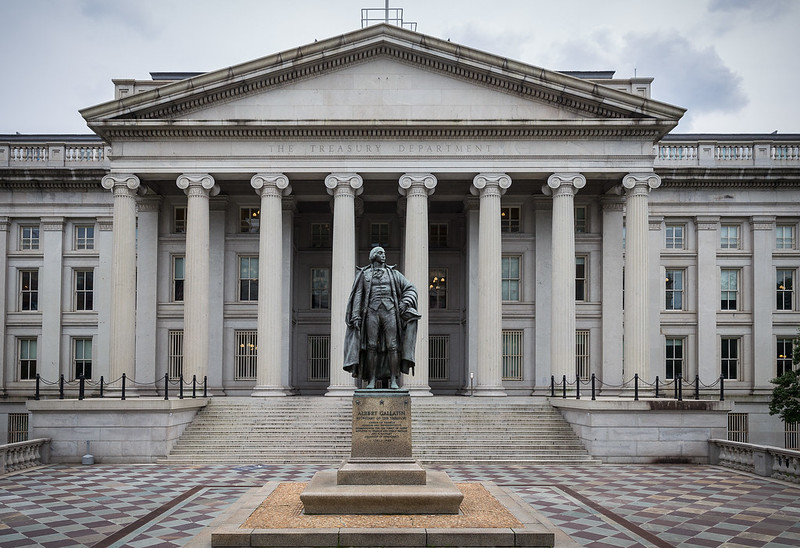
The Coronavirus pandemic has caused extensive damage to the American economy, businesses and workers.
Almost 37 million Americans have filed for unemployment in the past eight weeks and Federal Reserve Chair Jerome Powell has said the unemployment rate could reach 25 percent during the peak of the pandemic.
Alcohol manufacturers are not immune from this damage. The slowdown in commerce and forced closure of restaurants and bars has hit the industry hard. Smaller wineries, distilleries, and breweries are particularly vulnerable to collapse, with some fearing thousands of these businesses may go under.
Fortunately, there are simple steps that the Trump administration can take to help the industry without massive bailouts, like deferring payment of excise taxes on wine, beer, and distilled spirits through the end of the year.
This will provide breweries, distillers, and wineries with liquidity so they can prioritize paying workers and meeting other expenses over tax payments.
The Treasury has already postponed these taxes for the second quarter of 2020 due to the adverse impact of COVID-19 on businesses, and is just one of many tax deadlines that the Trump administration has delayed. Extending this deferral through the end of the year will help alcohol manufacturers as the economy starts to reopen in the coming weeks and months.
It is almost important to note that these taxes will be repaid. Ideally, an excise tax deferral could be modeled off the recently enacted payroll tax deferral which permits businesses to delay paying a portion of employer payroll taxes through the end of the year with half repayable in 2021 and the other half in 2022.
However, this deferral should apply equally to imports, given they face the same excise taxes as products manufactured in the U.S, and face the same economic challenges.
The Q2 excise tax deferment imposed burdensome requirements on importers by requiring “significant financial hardship,” which US Customs and Border Protection defined as a loss of more than 40 percent in revenue. Future excise tax deferral should be available equally to all alcohol manufacturers and importers.
Deferring excise tax payments should not be viewed as a handout to the industry because these taxes are discriminatory. Federal excise taxes on wine, beer, and spirits are a form of double taxation as they are imposed in addition to federal income taxes as well as state and local taxes. Excise taxes are widely acknowledged to be economically inefficient and increase prices for consumers.
An excise tax deferral for distillers, breweries and wineries through the end of the year is a simple step that will help manufacturers as they look to survive the damage caused by COVID-19.
It will provide liquidity for taxpayers and will build upon past action taken by the Trump administration to mitigate the economic pain being felt by American workers and businesses.
